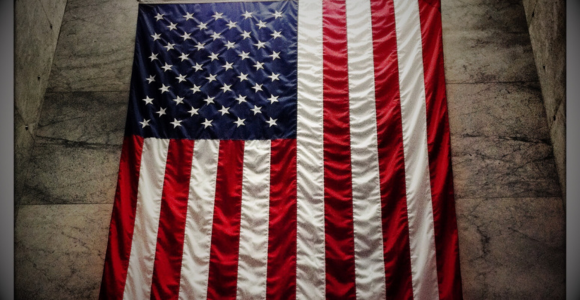
Luke’s gospel does have an ascension. Unlike Matthew’s version, Luke’s ascension story doesn’t take place in Galilee, but in Jerusalem. All of the disciples then stay in Jerusalem, not Galilee, until Pentecost, when they receive the Holy Spirit. Matthew’s version of the Jesus story, remember, was written for the community of Jesus followers in the region of Galilee, so its ending there makes sense. Luke and Acts were instead written for the community of Jesus followers in Judea. That community was centered in Jerusalem and expanded out into more cosmopolitan regions of the Roman Empire. Its alternative ending makes sense, too, given the community it was written for. Both communities had a story that encouraged them to keep following Jesus in ways relevant to their location. For Luke’s readers, it was important to ground the Jesus story in the tradition of the Hebrew Scriptures.
Welcome Readers! Please subscribe to Social Jesus Here.
This is Part 2 of Carrying on the Work of Love and Justice
(Read this series from its beginning here.)
If the key story details of Jesus’ suffering, resurrection, repentance, forgiveness in this week’s reading sound familiar, creedal even, it’s because this was one of the passages that influenced what ultimately became the Apostles’ creed. Today these words show us today what the goals of that first century Lukan Jesus community were. The phrase “repentance for the forgiveness of sins” begins in Luke with John the Baptist:
He [John] went into all the country around the Jordan, preaching a baptism of repentance for the forgiveness of sins. (Luke 3:3)
And it’s that message that Jesus and then the apostles under the gift of the Holy Spirit were to take to the ends of the world:
“You will be my witnesses in Jerusalem, and in all Judea and Samaria, and to the ends of the earth.” (Acts 1:8)
The Lukan Jesus community saw their community becoming more metropolitan, and they believed that their community should expand beyond their roots in Jewish culture and scripture to bring Jesus’ teachings to the entire world.
Again, the repentance for the forgiveness of sins that they taught had a quality that began with John the Baptist in Luke 3. John’s repentance was not for personal, private, individual sins. John called his listeners to a repentance for community sins, social and political choices, that were not only making the most marginalized vulnerable to harm, but also being the conduits of that harm as well. This makes a significant interpretive difference. We’ll unpack this difference, in Part 3.
Are you receiving all of RHM’s free resources each week?
Begin each day being inspired toward love, compassion, justice and action. Free.
Sign up at HERE.















